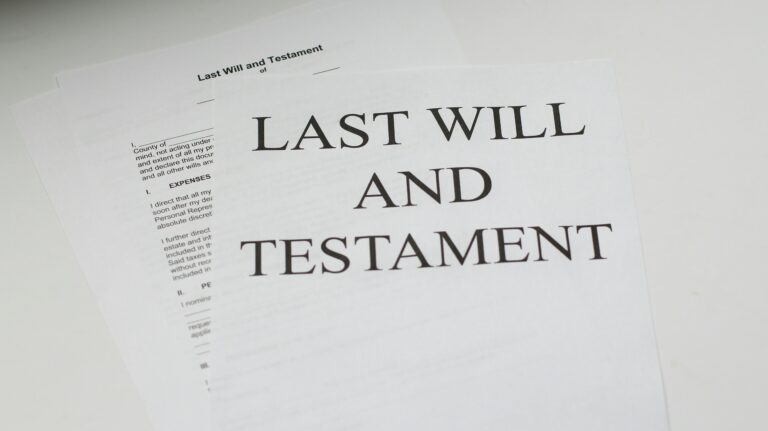
What’s the Best Way to Simplify an Estate?
Yes, you need to create your estate plan and decide how you want your money and real estate property to be distributed upon your death. However, there’s more. A recent article from Morningstar, “Your family will love you even more if you simplify your estate,” says you should also simplify your assets to simplify your estate.
How you have your financial life arranged now may seem simple enough to you as you navigate it regularly. You know where your accounts are, how much is in each account and who the beneficiaries are of any account, having the option of naming a beneficiary. If you don’t know who the beneficiaries are, take care of this right away.
However, for your executor and your heirs, those same accounts are a series of unknowns. If a single financial advisor doesn’t handle your investments, can you bring them under one person’s management? If you have accounts in more than one bank, can you consolidate them into one bank?
A record number of boomers will turn 65 in 2024. The “great wealth transfer” of a generation owning $72.6 trillion and passing this along to younger generations has led many to prepare accounts and heirs for what will come in the next twenty years. This includes creating a comprehensive estate plan with a will and trusts. Most experienced estate planning attorneys advise their clients to create a revocable living trust to avoid probate, which can be costly, stressful and time-consuming.
Probate is considered one of the most complex parts of inheritance. Distribution will be far simpler if you can remove most of your assets from being part of your probate estate. Trusts can also protect assets in a way wills cannot. It’s far more challenging to contest a trust than it is a will. If your family is prone to infighting, you want to place assets into trusts!
Talk with your estate planning attorney about a “pour-over will.” This is a will directing any assets not already in your trust to be “poured over” into the trust upon your death. You’ll also want to have a financial power of attorney, healthcare power of attorney, living will and HIPAA release. These documents allow the people you designate to take care of your financial, legal and health if you should become incapacitated.
Once your estate plan is in place, start consolidating accounts. If you have multiple IRAs or 401(k)s from various employers, combine them. You’ve set your heirs up for trouble if you have individual stock certificates in your bank’s safe deposit box. First, the safe deposit box will be sealed upon your death, unless someone else owns the box. Second, stock certificates must be settled through a stock-transfer company, which requires proof of the owner’s passing and proof of their being legitimate heirs. New accounts need to be opened up for the stocks to be transferred to, and only then can they be retrieved the money from the sale of the stocks.
It can also be difficult for heirs if they have annuities, government-issued bonds, or bank CDs. They all must be found, and distribution rules must be uncovered and processed.
After having your estate plan created and consolidating accounts, create an inventory of all accounts, including digital assets (usernames and passwords will be needed), and place them in a file with keys to your safe deposit box, life insurance policies and estate planning documents in one place. Make copies of your credit cards, front and back as well.
Having this information in one place will make managing your estate far easier. Your loved ones can focus on their memories and not be overwhelmed by the details.
Reference: Morningstar (June 18, 2024) “Your family will love you even more if you simplify your estate”









